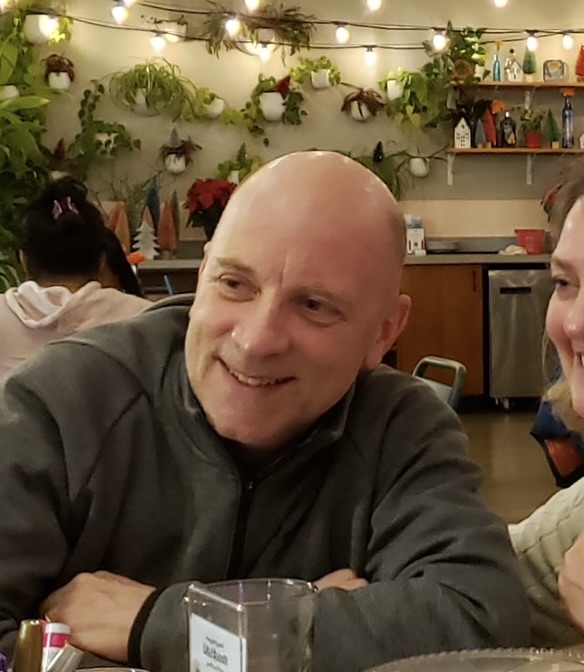
Conference Panel Participants: Take Note
Posted by JT Consulting on May 23, 2019Not everyone in a given industry goes to trade shows or industry gatherings. Among those who do, only a subset attend sessions or panel discussions. Fewer still actually participate on those conference panels.
If you are among those who serve as panelists or maybe offer PR advice to those who do, read on. Having been a trade journalist myself, I’ve attended many of these sessions. (And still do.) Most panelists perform well, and if that’s your case, the following should simply confirm what you’re already doing. If you’re new to being on conference panels (or even webinars) or want to improve, consider adopting these rules. They should help with the basic goal of winning over your listener.
Conference Panelists, Five Rules
Avoid the hard sell. You’re not likely to close any deals while sitting on stage, sipping bottled water and fielding questions. Even if the moderator asks you about your company’s goods, services or technology, tread lightly (or sell softly). Unless it’s a pitch session, a conference panel is just not suited for marketing and sales. As for selling yourself, the moderator will ensure the audience knows your name and title. Share relevant background if needed, but audience members who want more info can always look you up, or meet you afterwards. Your main job is to respond to questions, not tout your resume.
Be concise. Some panelists become bandwidth hogs, especially if they’re selling. (See above.) That’s too bad. The audience will remember them, and not fondly. Don’t be brief to the point of rudeness but do mind the clock.
Speak well. Being on a panel is a type of public speaking, even though you’re not delivering a speech. (If you are discussing a technical paper, please, please, don’t read your PowerPoint presentation.) Standard best practices apply. Avoid low talking, audible pauses, stock answers, etc. One response that irks me is the repeated use of: “That was a great question.” If you’re new to this and have a corporate PR department, let them train you. Or join Toastmasters.
Skip the private party. You may know the other panelists, possibly well. But this isn’t the time to reminisce or share inside jokes. Or even review what you talked about in the pre-conference prep session. My pal Leslie Ellis, who has probably moderated more sessions than I’ve attended, urges moderators to minimize the prep call. She wants to preserve an element of spontaneity. That’s a good way to lower any perceived wall between audience and panel.
Bottom Line
A final, overarching rule: Respect your audience. They chose to attend your session, but at a cost. They could be working the phone or handling other business, or might have even skipped the conference, but instead are here spending time with you. Try to make it worth their while.


